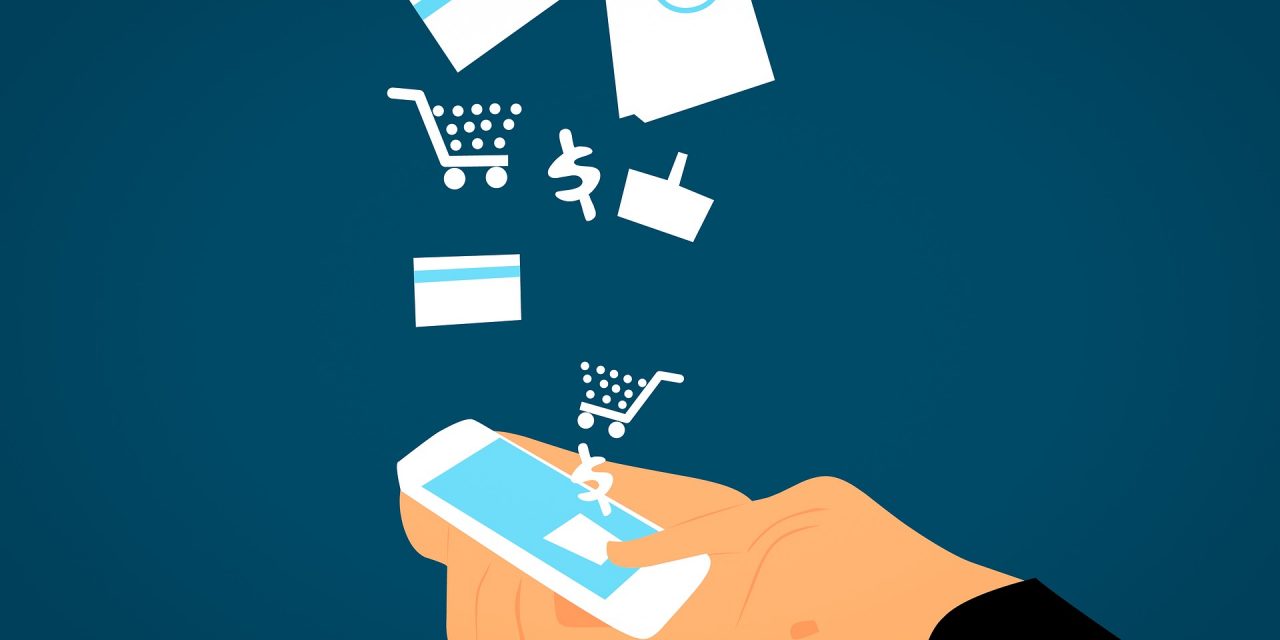Image by mohamed Hassan from Pixabay
Yes, Internet sales can be challenging. To paraphrase a line from the movie, “Field of Dreams,” it’s not always true that if you build it, they will come. There are many salient elements to keep in mind.
Naturally, you need to attract visitors, convert them into customers, continually study your site’s visitors’ data, and keep fine-tuning your approach.
A call-to-action strategy only works if you’re building relationships. Understand y0ur customers. Predictive analysis is a fairly recent buzz word, it’s a science but it basically involves understanding trends and human nature, and getting more from your data.
Oh, and remember this about human nature and quality relationships: Unsolicited e-mails or spam is annoying.
Here are five strategies:
1. Quality referral system.
Make sure you’re easily found on the Internet and have a dominant presence.
That means a quality referral system using every facet available from Facebook to press releases and key word selection.
Participate in newsgroups and social-networking discussion groups, but use a soft sell approach and ask open-ended questions to establish a dialogue.
Don’t neglect your offline appearance. It must be synergized and consistent with what you’re saying online.
2. Conversion rates.
Have you been frustrated by lack of success in your conversion rates? Even when shoppers enter your shopping cart, are you experiencing a significant double-digit frustration rate – shoppers leaving without buying? You’re not alone.
Many consumers shop online to save money. If your visitors don’t sense you’re offering savings and unique value, they will go to other sites and do more comparison shopping. That means you need to use more effective sales jargon and be clearer about your customers are getting and paying. I would stop short of offering a lowest-price guarantee.
Eighteen percent of the population will only buy the cheapest price not matter what else you provide. They make the worst customers by wasting your time complaining and returning products. They’re never satisfied unless you will sell at the cheapest price. It’s hard for most businesses to succeed as low-price leaders. History shows most low-price leaders don’t last in the marketplace.
3. Coupons and merchandising.
Remember customers want to buy. They don’t want you sell “to them” or “at them.” They want to feel special. That means creating a happy buying environment. So exclusive deals and LTOs – limited time offers with coupons – will improve your sales potential. Consumers are turning more to the Internet for coupons than the Sunday newspaper. But again, remember the dangers in constantly selling on low-price.
Be defensive-minded. Businesses lose revenue when they offer deals to prospects but neglect offering the same deals to their current customers.
4. Trust.
Consumers will spend more money with companies they trust. Obviously, consumers are increasingly risk-averse. You must take every precaution for security and present an appearance of security.
For the majority of consumers, 82 percent, here are five motivating perceptions – what they think about your spokesperson, image of your company and site, the product utility, convenience and price.
That means you need a site that downloads quickly, is professional-looking, and functions well. And your online reputation must be excellent. Guard against unfavorable reviews and blogs.
Speed of response to e-mail queries is also important. It demonstrates efficiency.
5. Site coding.
Your site must have clean code and be well-written. It must be easy-to-maneuver and logically structured. There are countless tips site coding on the Internet. But some of the sources do not provide the correct advice. If you’re reading this paragraph, the odds are that you are not an expert. You need to find an authoritative, credible expert to write it for you.
And keep your site fresh without abandoning your central look or theme to promote consumer familiarity and to build a foundation for long-term relationships.
From the Coach’s Corner, additional Internet resource links:
How Small Businesses Can Capitalize on Cyber Strategies for Profit
Web Site ‘Priming’ – 6 Tips That Will Help You Succeed
“The Internet is the Viagra of big business.”
–Jack Welch
__________






